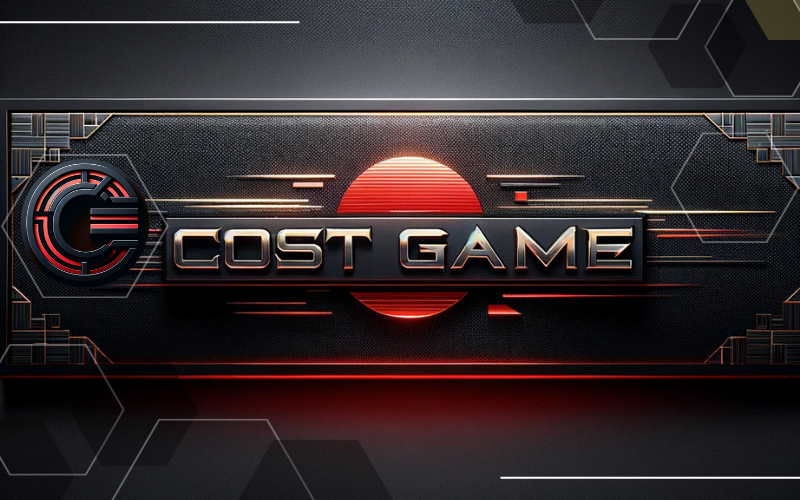
Key Futures Markets Explained
Key Takeaways
- What are Futures?: Futures are contracts to buy or sell an asset at a predetermined price at a specified time in the future.
- Major Exchanges: Key exchanges include the CME, NYMEX, COMEX, and others across the globe.
- Types of Futures: Variants include agricultural, currency, energy, index, and interest rate futures.
- Futures Participants: Key players are hedgers, speculators, and arbitrageurs.
- Leverage: Futures contracts often involve leverage, amplifying both risk and reward.
1. Understanding Futures Markets
Futures markets are places where futures contracts are traded. A futures contract is an agreement to buy or sell a specific asset at a future date for a price agreed upon today. This trading occurs on designated exchanges, which match buyers and sellers. Operating in a highly regulated environment, these markets play a crucial role in the economy by allowing businesses to hedge against price fluctuations and enabling investors to speculate on future price movements.
2. Chicago Mercantile Exchange (CME)
The Chicago Mercantile Exchange (CME) is one of the largest futures exchanges in the world. Established in the 19th century, it offers a wide variety of futures products including agricultural, energy, and financial futures. The CME is particularly known for its extremely popular E-mini S&P 500 futures, which are used by many investors for hedging and speculation. The CME also has a range of interest rate futures critical for managing financial risk.
3. New York Mercantile Exchange (NYMEX)
Located in New York City, the New York Mercantile Exchange (NYMEX) primarily focuses on energy and metals futures. It is most famous for trading crude oil and natural gas futures. The benchmark West Texas Intermediate (WTI) crude oil futures contract is traded here, serving as a standard for global oil pricing. Investors and producers utilize NYMEX to stabilize their profit margins against fluctuating energy prices.
4. Commodity Exchange, Inc. (COMEX)
The Commodity Exchange, Inc. (COMEX) specializes in trading metals futures, notably gold, silver, and copper. Gold futures on COMEX are the most liquid gold contracts in the world, which means they are traded very frequently. This liquidity can mean better pricing for buyers and sellers because it makes it easier to enter and exit positions. As a result, COMEX plays a vital role for investors interested in hedging against inflation or economic downturns.

5. Shanghai Futures Exchange
Founded in 1990, the Shanghai Futures Exchange (SHFE) is one of the key futures exchanges in China. It offers a wide range of commodity futures and options, including copper, aluminum, and crude oil. SHFE plays a critical role in the Asian commodity markets, providing price discovery and risk management for both consumers and producers in the region.
6. Tokyo Commodity Exchange
The Tokyo Commodity Exchange (TOCOM) has been in operation since 1984 and focuses on a range of commodities, such as precious metals and energy products. TOCOM also deals in agricultural futures, serving a significant role in Japan’s commodity market, particularly for rice and rubber. This exchange helps local producers and consumers manage price risks effectively.
7. Hong Kong Futures Exchange
The Hong Kong Futures Exchange (HKFE) was established in 1976 and offers a diverse range of futures and options contracts that cover various asset classes, including equities and interest rates. The HKFE is an essential venue for international investors looking to enter Asian markets, providing a platform for trading both local and international futures products.
8. Dalian Commodity Exchange
Founded in 1993, the Dalian Commodity Exchange (DCE) specializes in a wide variety of agricultural and industrial commodities. It is particularly recognized for its corn and palm oil futures. DCE plays a significant role in ensuring price stability for Chinese agricultural producers, making it an essential market for managing food price volatility.
9. Zhengzhou Commodity Exchange
The Zhengzhou Commodity Exchange (ZCE) focuses on trading various agricultural futures, including wheat and cotton. Founded in 1990, ZCE has become increasingly important as agriculture plays a crucial role in the Chinese economy. The exchange helps farmers and traders mitigate risks associated with price fluctuations.
10. Singapore Exchange (SGX)
The Singapore Exchange (SGX), established in 1999, offers a complete suite of futures and options contracts covering a broad range of asset classes from equities to fixed income and commodities. SGX serves as a major hub for trading not just in Asia but globally, linking investors with opportunities across different markets.
11. Types of Futures Contracts
Futures contracts can be categorized into several types:
- Agriculture Futures: Includes crops like corn and wheat.
- Currency Futures: Focused on trading foreign currencies.
- Energy Futures: Such as those on oil and gas products.
- Index Futures: Related to stock market indexes, providing market exposure.
- Interest Rate Futures: Allowing traders to bet on future interest rate movements.
Each type serves different purposes in the financial world, from risk management to speculation.
12. Conclusion: The Role of Futures in the Economy
Futures markets play a crucial role in the economy, helping businesses manage risk and allowing speculators to bet on future price movements. The major exchanges—CME, NYMEX, COMEX, and others—facilitate these transactions, providing relevant products to investors across the globe. Understanding how these markets operate can help individuals and businesses make informed decisions, supporting better financial planning and strategy.
Frequently Asked Questions (FAQs)
What is the main purpose of futures contracts?
- Futures contracts are primarily used for hedging against price risk and for speculation.
Can anyone trade futures?
- Yes, but trading futures requires understanding the risks and mechanics of the markets involved.
What is leverage in futures trading?
- Leverage involves using borrowed funds to amplify potential returns (and losses) when trading futures.
What types of assets can be traded in futures markets?
- Futures can be traded on a variety of assets including commodities, currencies, and financial indexes.
Are futures exchanges regulated?
- Yes, futures exchanges are regulated by governing bodies to ensure fair trading practices.
How can I start trading futures?
- Educate yourself about the types of futures available, select a brokerage, and start with a demo account if possible.
Disclaimer: This article does not provide financial advice. Please do your own research before making investment decisions.
Additional Resources
For more information on trading and investing in futures, feel free to check out these links:


